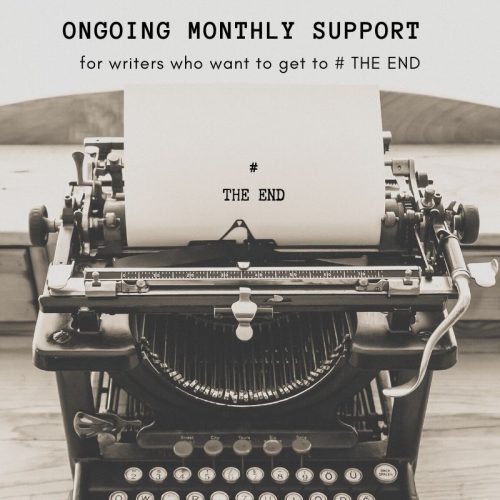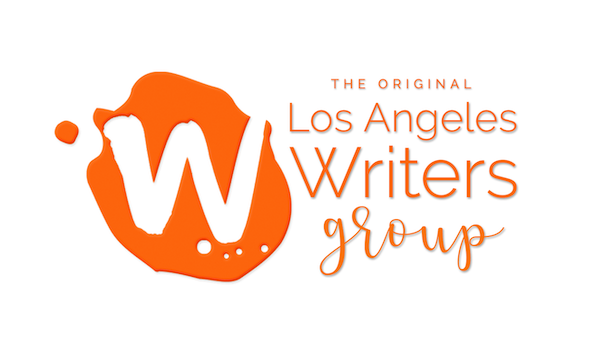[Full disclosure, I work with Nicole, who asked me to write this article.]
I’ve been writing stories since I was a kid. I always hoped that someone would see the spark in me and take me under their wing. A few years ago, I had a breakthrough on a story. I thought I nailed the mystery and suspense in the first dozen pages, but I wasn’t sure where the plot was going. I wanted support.
At the time, I didn’t want help with grammar. I wanted someone who would take my work as seriously as I did to tell me that my idea had value. Unfortunately, I didn’t have anyone to give me feedback. So I started looking around for coaches and editors.
A good writing coach can help you identify what you need. It turned out that I did want support, but I also realized that I needed someone who could help with plot, structure, character development, and scene-writing technique. I consider myself lucky that my first attempt at finding a Writing Coach landed me with someone who was a good match for me as an up-and-coming writer.
Back then, I would have loved to have found an article that helped me figure out what I needed. A coach? An editor? What’s the difference?
What does a Writing Coach do?

A Writing Coach nurtures your abilities as a writer based on your skill level and genre. This involves recommending writing craft books and guides, competitions and events, and writing communities. They can also provide more in-depth analysis of your structure, scenes, and prose to develop your craft. They give you the tools you don’t know you’re missing.
There are different kinds of coaches: Story Coaches, Support Coaches, Book Proposal Coaches, Publishing Coaches, and, of course, Writing Coaches. A coach provides ongoing feedback, motivation, accountability, and mentorship. They can act as motivators, supporters, and truth-tellers.
Coaches can prepare you for the harshness of feedback. They can educate you on the difference between preference and craft, how to defend your choices, how to create a consistent narrative, and so much more. A good coach will help you understand your options for solving story or scene issues or even brainstorm with you, whereas editors may assume you already know how to fix issues in your manuscript.
Find a Writing Coach who can work within your genre. It doesn’t make sense to hire a coach who specializes in memoir if you’re working on a book of poetry. Many websites for coaches will specify which genres they work with and how to get in contact with them.
Writing Coaches are different from Editors in that Writing Coaches support you while you’re writing. A coach can provide the guidance and techniques to rewrite and self-edit your work-in-progress, but they’re not going to take over the responsibility of completely editing and reworking the project.
What does an Editor do?

An Editor appraises your completed work based on years of professional experience in literary publishing. They come in when your draft is complete, preferably after you’re several drafts into your story. Editors want to see your finished product. There are exceptions. Some editors do it all, as do some coaches.
In the same way that Coaches can serve specific or multiple purposes, so can editors. This includes but is not limited to Line Editors, Copy Editors, Developmental or Substantive Editors, Proofreaders, and Acquisition Editors. For example, a Line Editor reviews the readability of a text, whereas a Developmental Editor approaches your book globally and helps with your overall structure, suspense, character development, and more. Generally, a Developmental Editor tackles your complete first draft. In an upcoming post, I will go into more detail about what each of these specialties means and how you can identify and utilize the terms for yourself as you self-edit.
Taking in feedback can be a lot to handle early on. When your work is stricken with corrections and suggestions, it might bruise the ego a bit. Neither an editor nor a coach should make you question your abilities as a writer; instead, they are here to help build up your material to the fullest extent.
Writing Coaches and Editors vs. Readers
In my previous article, The Difference Between Alpha Readers and Beta Readers, I discussed how readers often volunteer their time without asking for payment. That difference in cost is an important factor in choosing a reader versus a Writing Coach or an Editor. A coach can range anywhere between $50 to several hundred dollars per session depending on their experience, who they prefer to work with, and the number and length of their coaching sessions.
An editor’s rate will be on a similar scale, often based on the word count. As mentioned, depending on what kind of editor you’re looking for and how complete your manuscript is, the pricing will also be affected by the specialty.
Timing is important when you’re working with either a coach or an editor. If you’re in a crunch with your manuscript, be prepared to pay a higher price for a quick turnaround with an editor. Meanwhile, expect working with a writing coach to be a slower but motivating interactive process.
So, do I need a Writing Coach or an Editor?
No matter how much experience you have, writing consistently is a tiresome experience. Again, there is a longer-term collaborative rapport between the writing coach and the writer, whereas an editor tends to work separately from you and for one-time or multiple meetings, depending on your arrangement. Think of it this way: A writing coach is your first stop to generate a first draft, a developmental editor helps you with rewrites, and an editor is your last stop before you publish your work.
Maybe you’re struggling with getting anything onto the page at all. At that stage, a coach might be a good option because, like a sports coach, they’re meant to get you moving when you’re down and reframe your mentality as a writer. An editor should come in once you’ve gotten through writing a manuscript. Chances are, you’ll encounter editors and coaches at some point in your writing career. The fun part of working with either is you become a better writer.
I hope this helps you on your writing journey and that you feel a bit less mystified than I did when I was first looking for support.
#

You must be logged in to post a comment Login